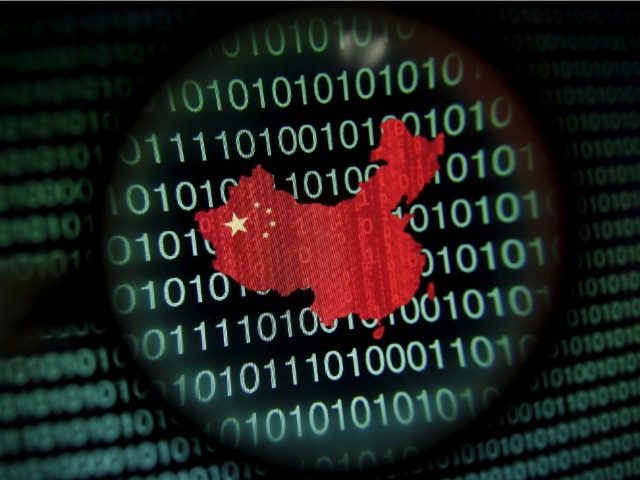On Monday, China’s Parliament passed a cyber-security law that has foreign businesses and human-rights activists nervous, as it will place even more restrictions on China’s already tightly controlled Internet when its practices are implemented next June. Many of these restrictions apply extra security measures against non-Chinese interests.
“China is an internet power, and as one of the countries that faces the greatest internet security risks, urgently needs to establish and perfect network security legal systems,” declared parliamentary official Yang Heqing, as quoted by Reuters.
Reuters reports that efforts by concerned international groups failed to move China’s legislators:
More than 40 global business groups petitioned Chinese Premier Li Keqiang in August, urging Beijing to amend what they said were controversial sections of the law. Chinese officials have said it would not interfere with foreign business interests.
Contentious provisions remained in the final draft issued by the parliament, including requirements for “critical information infrastructure operators” to store personal information and important business data in China, provide unspecified “technical support” to security agencies, and pass national security reviews.
Those demands have raised concerns within companies that fear they would have to hand over intellectual property or open back doors within products in order to operate in China’s market.
Chinese officials offered vague assurances that the new law complies with the standards of international trade, does not discriminate against foreign companies, and will not interfere with global trade.
In fact, Chinese cyber-security director Zhao Zeliang charged that critics who see signs of “trade protectionism” are guilty of “a kind of misunderstanding, a kind of prejudice.”
This is the kind of argument that advocates for a free Internet should be on guard for, as control slips away from the United States. The Chinese are essentially arguing that heavy censorship is woven into their culture, and critics are bigoted against that culture, or at best, ignorant of its nuances.
“We believe this is a step backwards for innovation in China that won’t do much to improve security,” said James Zimmerman, chairman of the American Chamber of Commerce in China.
CNN Money quoted Zimmerman, noting his criticism “follows a string of complaints from foreign companies about a worsening business environment in China that favors domestic firms, despite official promises to make the economy more open.”
Not every outside observer is completely unhappy with China’s actions. China expert Rogier Creemers of the Netherlands saluted Beijing for recognizing that “cyberspace immediately and profoundly impacts on many if not all aspects of national security.”
“It is a national space, it is a space for military action, for important economic action, for criminal action and for espionage.” Creemers said.
Notably, Chinese officials quoted by Western media outlets apparently feel no urge to defend the intellectual censorship aspects of the new law, the way they are offering assurances that it will not damage international trade.
Human Rights Watch (HRW) listed a number of objectionable features from the final draft of China’s law, including requirements to censor “prohibited” information, collect real names and identification data from social media users, store “important business data” related to Chinese operations on servers in China, and provide “technical support” to Chinese security agencies on demand, all the way up to engineering massive network shutdowns in response to “major security incidents.”
HRW notes that the final draft of the law expands Chinese censorship to quash not only speech deemed to “endanger national security, advocate terrorism or extremism, [or] propagate ethnic hatred and discrimination,” but also to crush attempts at “overthrowing the socialist system,” “fabricating or spreading false information to disturb economic order,” or “damaging national unity.”
That is an open-ended warrant to silence just about any speech the regime in Beijing dislikes. Virtually all criticism of the regime could be classified as “damaging to national unity” and censored.
Human Rights Watch notes that such broad standards are already used to “punish and jail peaceful activists,” sometimes with lengthy jail terms. Those who operate social media platforms will be terrorized into becoming accomplices to censorship because they can easily be prosecuted for failing to meet the draconian monitoring and reporting requirements of the new law.
The chilling effect on dissident speech is profound. The temperature of speech in China will drop even further once these censorious practices are codified in national law and enforced at the highest levels.
“If online speech and privacy are a bellwether of Beijing’s attitude toward peaceful criticism, everyone – including netizens in China and major international corporations – is now at risk. This law’s passage means there are no protections for users against serious charges,” said Sophie Richardson, China director for Human Rights Watch.

COMMENTS
Please let us know if you're having issues with commenting.